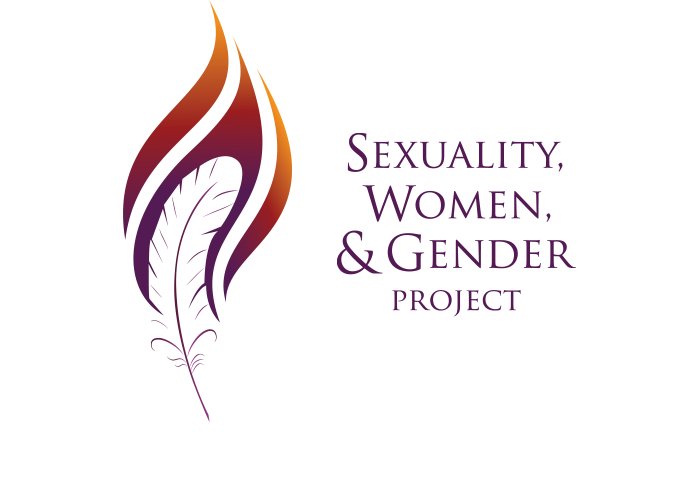Global Gathering to Explore Reproductive Justice and the Menstrual Cycle www.menstruationresearch.org
Experts from around the world will travel to Boston in June, 2015, to attend Menstrual Health and Reproductive Justice: Human Rights Across the Lifespan, the 21st biennial conference of the Society for Menstrual Cycle Research. The conference will bring together researchers, clinicians, artists, performers, educators, policy analysts and social entrepreneurs to explore how menstrual health is central to women’s ability to lead lives of dignity and well being in every society in every part of the world.
The conference takes place at The Center for Women’s Health and Human Rights, Suffolk University, Boston, on June 4-6, 2015. Keynote speaker Loretta Ross is one of 12 women who developed the concept of “Reproductive Justice”—which intersects social justice and reproductive rights, or as Ross puts it, “brings human rights home by looking at the totality of women’s lives.”
Conference highlights include:
• Kick-off flash plenary showcasing dynamic short talks that make the menstrual connection
• Making Menstruation Matter award presentation to 2015 award winner, Boston-based Our Bodies, Ourselves • Plenary on Menstrual Hygiene Management campaigns around the globe
• Film screenings, including Menstrual Man, Things We Don’t Talk About: Women’s Stories from the Red Tent, and
NED: No Evidence of Disease
• International menstrual art exhibit and artists’ panel: Widening the Circle
• SMCR’s 2nd Menstrual Poetry Open Mic
• Comedy show featuring Canadian duo The Crimson Wave (sponsored by Lunette)
Chris Bobel, conference co-chair, said of the conference theme: “Viewing the menstrual cycle through human rights and reproductive justice frames allows us to see more clearly the social practices and institutional structures that compromise health, especially those related to race/ethnicity, class, and gender identity. Including menstrual health in visions of social justice also leads to more effective strategies for women’s well being and empowerment across the lifespan.”
Without menstrual health other core rights remain in jeopardy. The UNDP and UNICEF have highlighted menstruation as “the single most important factor affecting school drop-out among girls” (2007), impeding the educational attainment that would facilitate social empowerment and financial independence around the globe. Yet, menstrual health is rarely respected, protected, or fulfilled as a human right, and has rarely been recognized or theorized as a reproductive justice issue.
To register for the conference, go to www.menstruationresearch.org.
For more information contact: Chris Bobel, University of Massachusetts, Boston, Tel: +1 781 325 2838 Email: chris.bobel@umb.edu or Amy Agigian, Suffolk University, Director of the Center for Women’s Health and Human Rights, Tel: +1 617 573 8487 Email: aagigian@suffolk.edu
